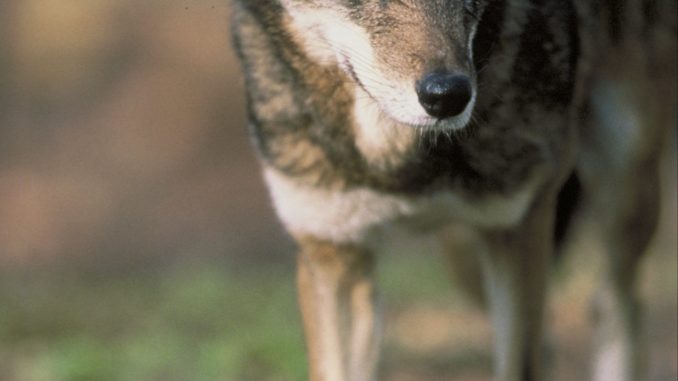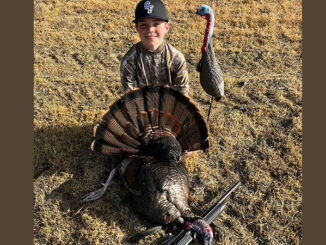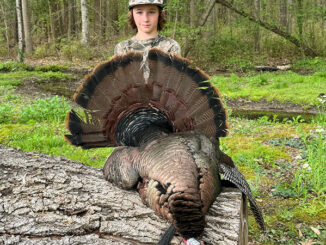
Temporary injunction in favor of animal rights’ groups could become permanent in September
A U.S. District Court judge issued a temporary injunction earlier this month that banned coyote hunting in five counties in eastern North Carolina because endangered red wolves may have been mistakenly killed in the same areas, but the decision will be up for review in September.
Judge Terrence Boyle of the U.S. 4th District Court will rule at that time whether or not to make permanent the injunction, which was requested by Defenders of Wildlife, Red Wolf Coalition and Animal Welfare Institute, represented by the Southern Environmental Law Center. The counties in question are Dare, Beaufort, Hyde, Washington and Tyrrell.
The animal-rights groups filed a lawsuit saying that red wolves had been shot because the N.C. Wildlife Resources Commission approved a regulation allowing coyotes to be taken around the clock with the aid of artificial lights on private or public lands. Coyotes have spread across all of the state’s 100 counties and often kill game animals and livestock.
The SELC said in its filing that hunters had mistaken coyotes for the federally protected red wolves, which were first transplanted at the Alligator River and Pungo Lakes national wildlife refuges in 1987. About 50 red wolves have been shot or trapped and killed since their introduction. According to the U.S. Fish and Wildlife Service, 90 to 110 red wolves are in North Carolina; they came from four mated pairs released 27 years ago.
Part of Boyle’s decision read: “By authorizing coyote hunting in the five-county red wolf recovery area, and in particular by authorizing coyote hunting during all seasons and at any time day or night, the Commission has increased the likelihood that a red wolf will be shot, or that a breeding pair will be dismantled or a placeholder coyote killed…. By designating the red wolf as protected and dedicating funding and efforts for more than twenty-five years in a program to rehabilitate the once-nearly extinct species, Congress has repeatedly demonstrated that it has chosen to preserve the red wolf — not simply to let inaction determine its fate — and it is not for this Court to permit activities that would have an effect counter to this goal.”
Lawyers from the N.C. Department of Justice represented the N.C. Wildlife Resources Commission in front of Boyle at a May 7 hearing and argued the red wolves were part of an experimental/non-essential wildlife population and thus could not be protected if they caused problems on private land. As part of the original document that sanctioned the red wolf re-introduction, private landowners were allowed to remove them from their property if they caused damage to wildlife, cattle or crops. Also, the document didn’t give the federal government the right to change state wildlife laws and applied only on federal property.
Colleen Olfenbuttel, a Commission biologist who specializes in fur-bearing animals, said the Commission turned over all of its information about coyotes and red wolves to the state’s attorneys.
“Everyone (is) saying red wolves were killed by hunters who thought the wolves were coyotes and shot them at night, but I’m not sure they were shot at night,” she said. “I think the (USFWS) wanted to find a solution, but the only solution they posed – other than to educate the public – was to not shoot them. I think the three groups behind the lawsuits have an anti-hunting agenda
Jeff Cantrell, a public information officer for the Commission, said, “Since the judge’s order went into effect, (we will) hold a public hearing to comply with his order and (we) would have to do temporary rule-making.”
The public hearing is set for 7 p.m., June 19, at Columbia Middle School/High School.
Boyle is the same judge who ruled in favor of an SELC lawsuit on behalf of several conservation organizations that has greatly curtailed pedestrian and vehicular access to many of the beaches on the Cape Hatteras National Seashore in view of perceived threats to several shorebirds that are not even considered endangered.




Be the first to comment